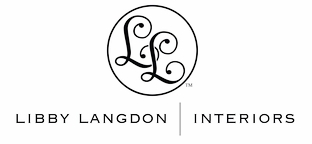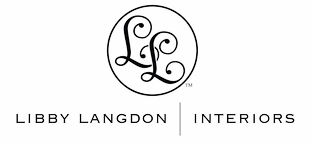Light changes the entire atmosphere of your home and makes it warm and inviting. By using various sources of light, you create layers in a room, resulting in a richer ambience. The key to utilizing light lies in understanding the different ways to allow it to enter a room, create it when necessary, and not lose it. There are two kinds of light to work with—natural and artificial. The more natural light you can bring into a room, the better. Be careful not to obstruct views or natural light from windows and doors with furniture; use lower pieces such as benches, stools, and ottomans to keep the space open and capitalize on the good light you do have. For window treatments, translucent shades or sheers work better than blackout or opaque. They will eliminate the glare while maintaining a sense of openness. For additional light, be sure to use glass for room dividers. Screens with frosted glass, or shelving units with backs in frosted glass, allow for privacy while still allowing in plenty of natural light. Artificial light can be tricky, and using it effectively changes from room to room. Remember: Light should be inviting and create a feeling of warmth, which you can never achieve from an overhead fluorescent bulb. You don’t want to feel as if you’re in a Petri dish! If you have to use overhead lights, install a dimmer switch. Instead of overhead lighting, there are quite a few different types of artificial light you can try.
Lamp of Approval:
Even in a small area, you can use as many as four or five lamps; this will ensure that light reaches even the corners of your room. People think that a small space calls for small lamps, but the opposite is true—large lamps add height and scale to a small room, making it feel larger. On the Right Track: When you have limited electrical and/or structural options, track lights offer a wonderful and relatively inexpensive solution. Any home improvement store will have them. In a dark kitchen, or one with no overhead ceiling fixture, you can mount track lighting with minimal fuss. You can control where track lights shine—angled on artwork, in dark corners, and so on. You can also clip individual lights onto the track however you wish to space them, adding to its versatility. If you are living temporarily in a space, some track-lighting kits enable you to mount the lights with adhesive tape and plug them into a nearby wall socket, as opposed to having to hire an electrician to hard wire them.
Picture Perfect:
When you illuminate a dark spot, you feel as if you gain square footage. Picture lights can add depth to a space and add a wonderful glow when shining on artwork. But don’t feel as if only expensive artwork warrants picture lights. They work just as well when placed over a large framed poster. You can also mount picture lights on top of shelving units to add drama and to illuminate the items in the unit.
The Great Recession:
Recessed lights are metal cans literally recessed into your ceiling so that the can rests flush with the ceiling and doesn’t drop down into your room at all. They come in many different sizes and take several different types of bulbs. They work especially well in kitchens and hallways. Recessed lights are also available with bulbs that can be pointed or angled to illuminate a certain area such as artwork on a wall or a bookshelf. These are called wall washers and can give the cool effect of an art gallery.
Under-Cabinet Lighting:
When possible, mounting lights beneath a wall cabinet and above a countertop will provide depth and dimension to a space as well as add light to your countertop work surface. In a kitchen or a work space, this kind of lighting makes the room feel larger because it literally adds another layer of available light. Under-cabinet-lighting kits, as with track-lighting kits, are available in most home improvement stores.
Mirror, Mirror on the Wall:
Mirrors have been used for ages, because they add natural light during the day and reflect candlelight at night. They also extend a room, making it feel more open. To maximize a mirror’s impact, you can position a large mirror on a wall directly opposite a window or a glass door. It’s like adding another entire window, because the reflection doubles the light and visually opens up your space. A good lighting scheme is what makes a room feel cozy and comfortable, and after all we want our homes to feel like they are giving us a big fat hug when we walk in! Light it up!
Main Pages
Recent Blogs
Blog Categories
Learn More About Libby Langdon

Newsletter Signup
Libby in the News
Latest News about Libby Lagdon

